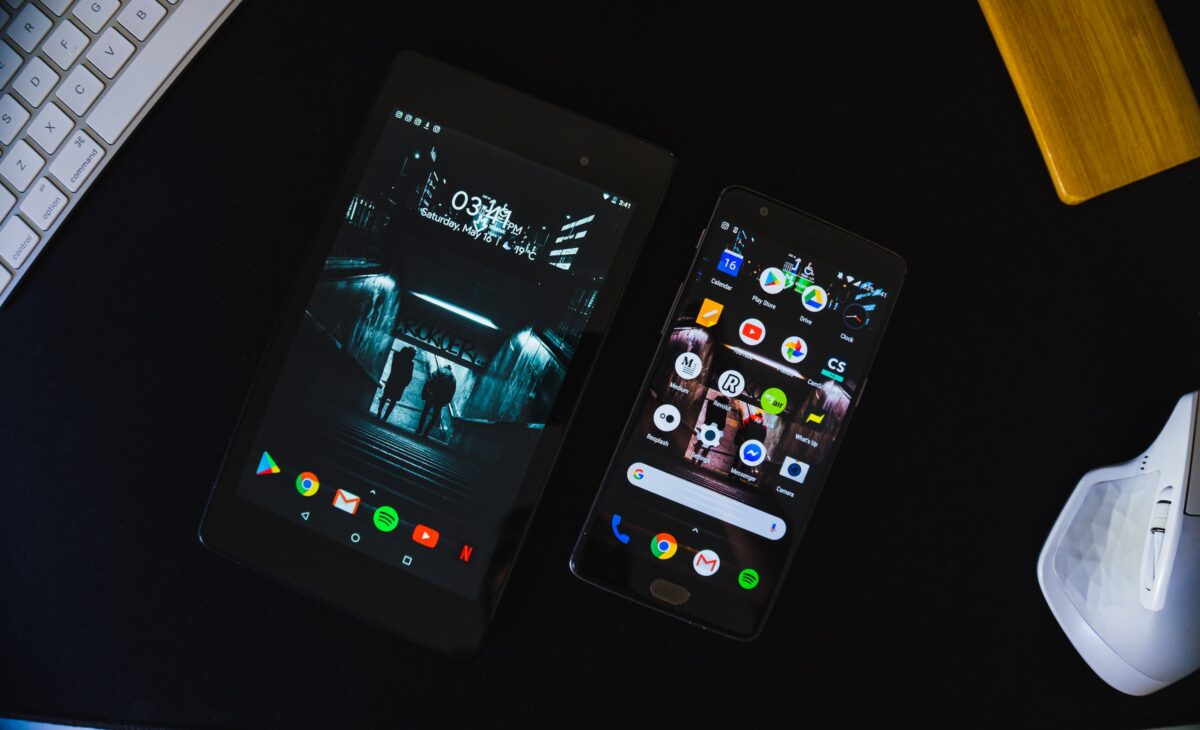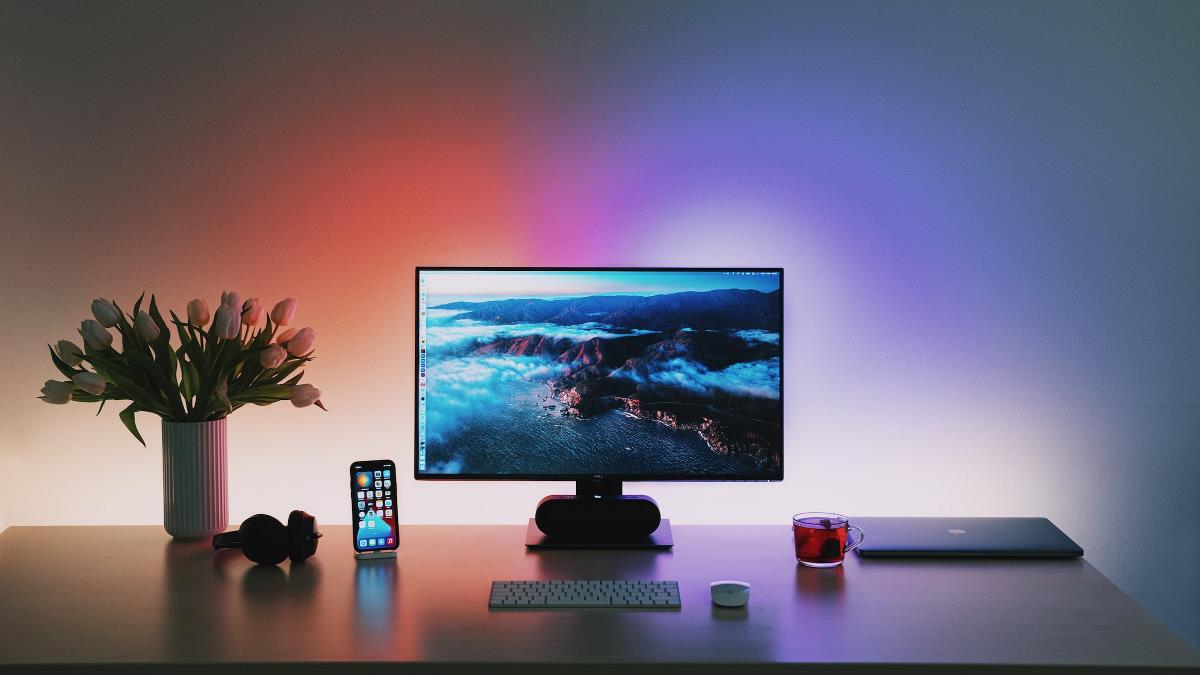Tablets, Changing Travel Habits
There used to exist a time where travel meant devoting the entire time to your companions, be it family or friends. There was no TV to watch, no phone (I mean the times when cell phones were not so common) and the internet was not nearly so portable as it is today. That was the time when family values were strong, and you, as a kid, depended on your parents to guide you, and they depended on their parents for directions, most of which were recollected from travels that had taken place when your granny was a little girl. Of course, 9 times out of 10 she was correct, but that was then and this is now. Even when you put taking the grandparents out to travel aside, parents don't find time to take their own kids out. And most of those who do, take a guided tour, or participate in tours that travel companies have to offer, and though these may be good, they surely miss out on the thrill and feeling that comes in exploring a place on your own.
That, of course, is the condition of people who work really hard and don't find much time. There also exists a solid group of old-schoolers for whom the "organized tour" thing is a complete no-no. This is the breed that likes to rough it out, packing all the bags and throwing them in the back of the SUV, turn on the GPS, and hit the road. There, I just used the word GPS. It wasn’t' intentional, it just came out. Just shows how much dependent we are on technology. You've got to admit, most of us are dependent on a lot on technology. One rarely sees a person who is out on travel without these things: a cell phone with GPS, internet, and for the younger travelers, an iPod, a laptop, and mobile internet for sure. Seems like they just can't live without it. What happens when you take a teen apart from his iPod and laptop and then take him on a trip, trying to teach him to value family more than his gadgets? Incidents have occurred where teens, unable to bear separation from their music players and iPods for even a week, either sought refuge at internet cafes at their destinations, or in case of that not being an option, became moody and unpleasant to be around. All of this, of course, is just a background that tells you that technology in travel is a must, or rather, has become a must. You cannot ignore it. It has become a part of everyone's life.
The frequent applications of technology in travel used by most of the travelers today are: the mobile phone, the laptop, and the iPod. The cell phone is now equipped with the latest digital cameras, thus eliminating the need to carry a separate camera. The cell phone can also provides you with a medium to connect with the outside world, because mobile internet is becoming so widely affordable and reasonable in pricing. The iPod, of course, has got all your favorite songs, from Elvis Presley to John Mayer to Michael Jackson to Eminem. They are all in one place, and offer a lot of choice too. And the laptop, though not carried by all, is a favorite with students and business people who can’t even enjoy a holiday without attending to business at least once or twice a day. Add one more gadget to this list: the tablet. A term that's becoming a household word already, a tablet is referred to as a computer that is portable and is equipped with a touch screen as the primary input device. Tablets are designed to be operated and owned by an individual on the go. The most popular tablet is the Apple iPad, which was launched amidst a lot of fanfare very recently. With the iPad, technology has reached new levels, and portability is awesome. Tablets are smaller in size and lighter than laptops, and thus make for an excellent choice during travel.
The tablets is a natural device for travel with its high entertainment focus on movies, songs, books, always on connectivity (no need to wait for the computer to boot), and light portable design. The tablet competition is already heating up, and new features like dual cameras and the ability to have video conferences on the go will ensure better response from the traveling public. Tablets provide seamless connectivity, and with large, touch-screen displays, they are a boon to use, even for the elderly. The main travel groups that use the tablet are: leisure travelers and business travelers. Though the business travel class always prefers laptops, which cater to their extensive needs, the tablet trend is catching up. The latest models are now integrating more and more features on to the tablets, to ensure they stand in the first place in providing the latest technology to the consumer. There are applications such as Flipboard, which aggregates Facebook, Twitter and other feeds into a very appealing magazine-like style, thus taking advantage of the tablet platform.
Most of the current tablets feature the Android operating system, something that was specially built for mobile use. The iPad, of course, uses the OS X , and now many are being developed on Linux as well. The advantage of an operating system based on Linux will be that users can modify the tablet according to their specific needs, and not stick to the brand configuration. Microsoft Windows 7 Mobile is another operating system that is gaining popularity. Most tablets come with a screen size of 12 inches, with a resolution of 1280x800 pixels. Apart from the iPad, let’s take a look at some of the up-and-coming competition on the market: the HP Slate, a prototype as of now, appears to be a very good tablet. Next, the Dell Streak uses the Android operating system and has got a whole load of interesting new features. Next is the Asus tablet, which features android as well. These three apart, there has been a long-running rumor that Google and HTC are going to release a tablet, and this looks more promising than most of the things that are available now. We will just have to wait and see. Whatever is the case. we now have to accept that tablets have become an indispensable part of ourtravel lives!
Advertisement





















The tablet competition is already heating up, and new features like dual cameras and the ability to have video conferences on the go will ensure better response from the traveling public.
We live in hollow times. Our relationships with people are not nearly so important as the latest electronic gadget and about as meaningful and long-lasting as last year’s OS.